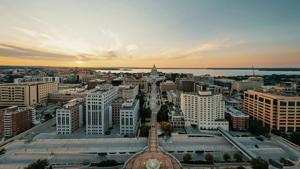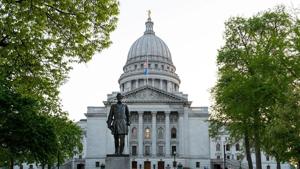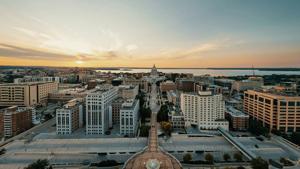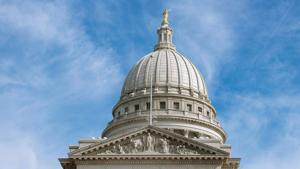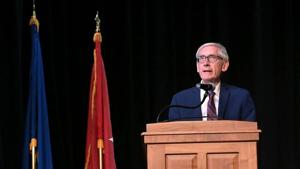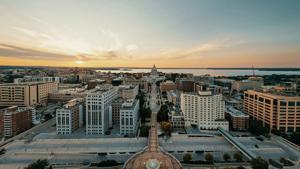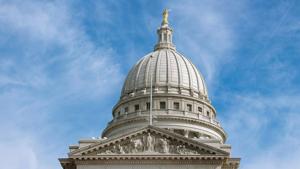(The Center Square) – Wisconsin is now expected to have $1.5 billion more in surplus after its current budget cycle ends on June 30, 2027, after new estimates were announced by the state’s Legislative Fiscal Bureau.
That would mean the state would have $2.3 billion in surplus, lower than the $4 billion heading into this budget but well above the $800 million surplus that was previously projected.
The group said that the surplus would be the result of nearly $1.4 billion in increased tax collections and $104 million in additional departmental non-tax revenues.
Both Republicans and Democrats took credit for the surplus.
“These revenue estimates are further proof that Legislative Republicans’ long-standing commitment to responsible budgeting and fiscal discipline is working,” Joint Committee on Finance Co-Chairs Sen. Howard Marklein, R-Spring Green, and Rep. Mark Born, R-Beaver Dam, said in a joint statement. “Through careful planning, conservative assumptions, and thoughtful decision-making, Wisconsin remains on strong financial footing, even in the face of economic uncertainty.”
Recent Wisconsin Department of Revenue numbers have shown the increased tax collections, with 4.9% more in general purpose revenue taxes and fees collected for the fiscal year through November
“This good news is a tribute to Wisconsin Democrats, who have prioritized investments in the people of Wisconsin that have improved our state’s economy, provided middle class tax relief, and helped make Wisconsin a state where businesses want to invest and families want to live,” said Senate Minority Leader Diane Hesselbein. “The bi-partisan 2025-2027 budget, which I helped negotiate, advances those important priorities.
“The people of Wisconsin expect that we will invest these increased revenues in initiatives that will lower costs, improve lives, and continue to help make Wisconsin a place where everyone can thrive.”


